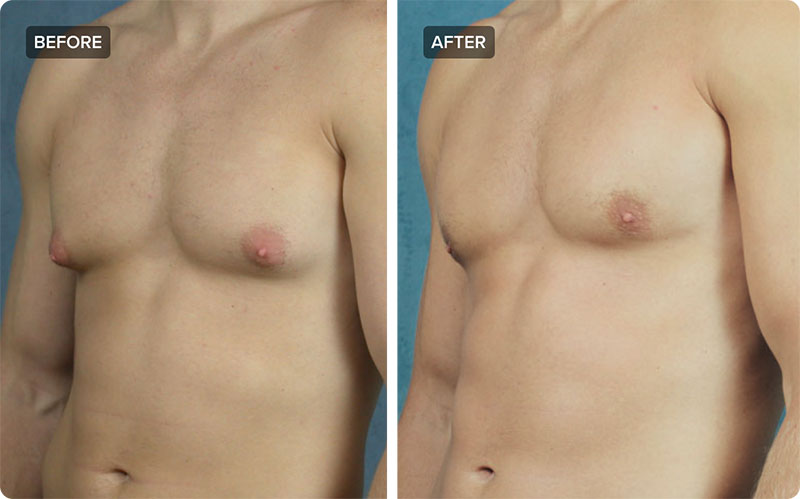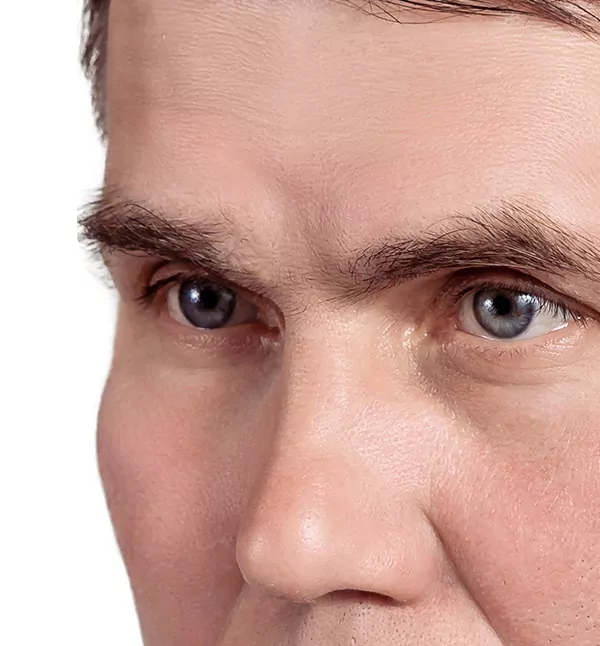
Gynecomastia
Gynecomastia surgery in Turkey is a popular and safe procedure that has become increasingly popular in recent years. Turkey is home to many experienced and highly qualified plastic surgeons who specialize in gynecomastia surgery. During the surgery, the excess tissue and fat in the chest area are removed to create a more defined and masculine chest appearance. The procedure is performed under general anesthesia and typically takes about two to three hours. Recovery time is relatively short and most patients are able to return to their normal activities within a week or two. Many patients choose to combine their gynecomastia surgery with a holiday in Turkey, taking advantage of the country’s rich culture, beautiful scenery and top-class medical facilities. If you are considering gynecomastia surgery, Turkey is definitely worth exploring as an option.
How much does it cost?
The cost of Male Breast Reduction Surgery in Turkey varies from $1200 to $5,300, depending on whether the patient wants aesthetic or corrective surgery.

What male breast reduction involves
Breast reduction surgery is usually done under general anaesthetic. In some cases, local anaesthetic with sedation may be used.
The operation involves:
- making a cut around the nipple
- removing excess fatty tissue with a scalpel (surgical knife) or using liposuction to suck it out (a combination of both techniques may be used)
- repositioning the nipples if a lot of tissue needs to be removed
You’ll have dressings over your wounds.
The operation takes about 1.5 hours. You usually need to stay in hospital overnight.
Recovery
It can take several weeks to fully recover from breast reduction surgery. You may need to take a few days off work. You may have sore, swollen and bruised breasts for a few weeks.
You’ll need to wear an elasticated compression garment day and night for 1 to 2 weeks after the operation. This helps support your chest while it heals.
How long you need to keep the dressings on will depend on how quickly your wounds heal. After 1 to 2 weeks, your stitches will either dissolve or be removed.
Avoid stretching, strenuous exercise and heavy lifting for about 3 weeks after the operation. It will take about 6 weeks until you can return fully to your normal activities.
You can drive again when it’s no longer painful to wear a seatbelt, which may be several weeks after the operation.
It can take up to 6 months to see the full results of your surgery.
Scars
Most men just have a scar around their nipples. But a large breast reduction may also result in a vertical scar and a horizontal scar across the breast crease (an anchor-shaped scar).
Your scars may take several months to fade.
What could go wrong
Breast reduction surgery can occasionally result in problems, including:
- thick, obvious scarring
- unevenly shaped breasts or nipples
- wound healing problems
- loss of nipple sensation
- bleeding inside the breast tissue (haematoma) – this usually happens within the first 24 hours after the operation
- developing lumps, bruising or swelling
Also, any type of operation carries a small risk of:
- excessive bleeding
- infection
- an allergic reaction to the anaesthetic
- a blood clot forming in the deep veins
Your surgeon should explain how likely these risks and complications are, and how they will be treated if you have them.






